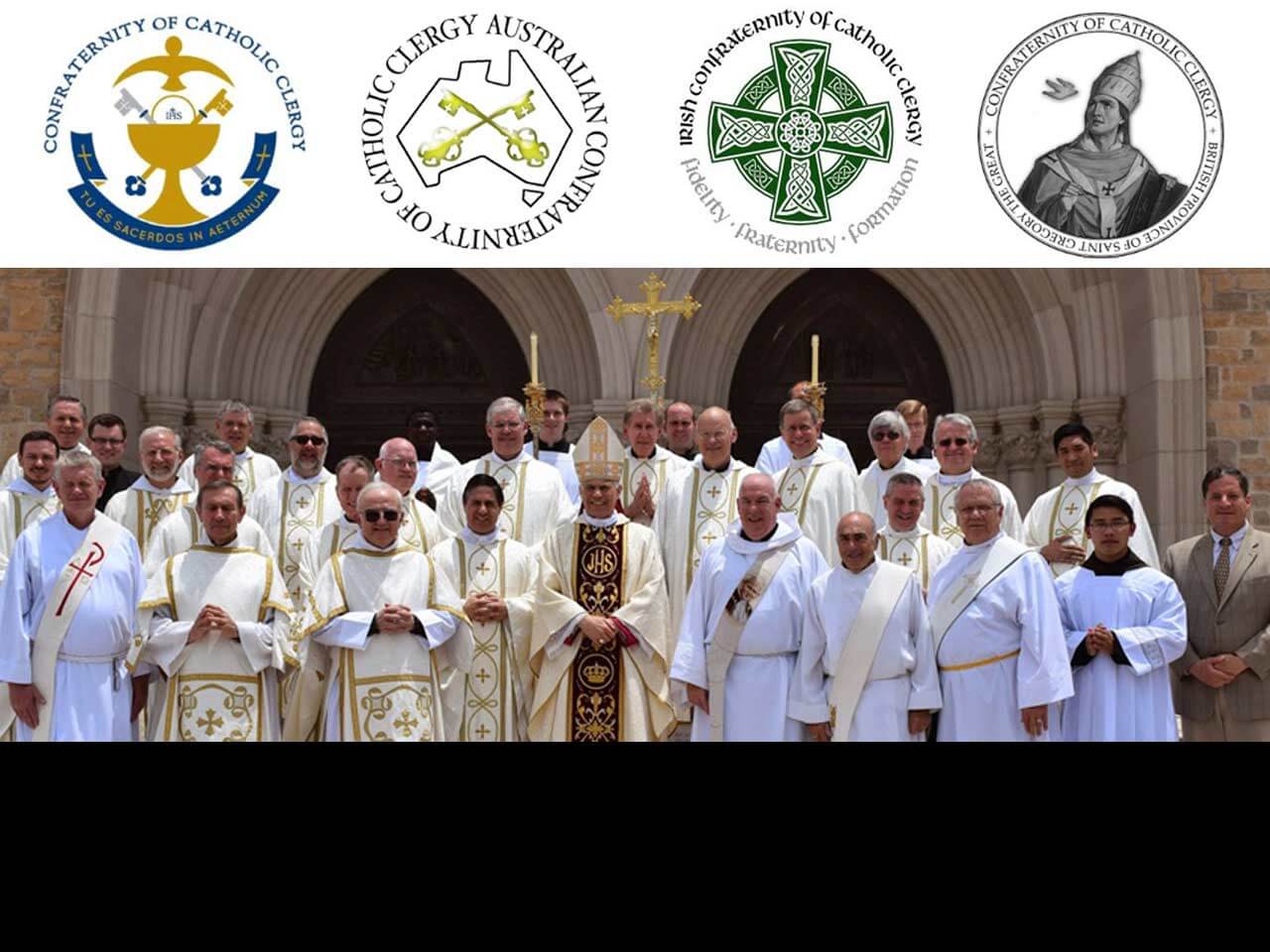Joining their voices to an ever-growing group of concerned Catholics, an international coalition of organizations of clergy has issued a joint statement on the post-synodal apostolic exhortation Amoris Laetitia. “As members of the International Confraternities of Catholic Clergy,” the authors write, “we believe there would be great value in an authoritative interpretation of the apostolic exhortation Amoris Laetitia in line with the constant teaching and practice of the Church.”
One of the signatory bodies is the US-based Confraternity of Catholic Clergy, which, according to their website, “is an association of “600 Roman Catholic Priests and Deacons pledged to the pursuit of personal holiness, loyalty to the Roman Pontiff, commitment to theological study and strict adherence to the authentic teachings of the Magisterium.” The joint statement also bears the seals of the Australian, British, and Irish Confraternities. In total, according to the National Catholic Register‘s Edward Pentin, the statement represents “thousands of priests from around the world” in requesting this authoritative interpretation.
Thus far, Pope Francis has been careful only to affirm his preferred interpretation — that of allowing Holy Communion for the divorced and remarried — through unofficial channels. This has not stopped groups of bishops in countries such as in Malta and Germany, nor even the Cardinal Vicar for the diocese of Rome — the pope’s own diocese — from following his lead in a more official capacity.
As of this writing, it has been 135 days since the Four Cardinals — Walter Brandmüller, Raymond Burke, Carlo Caffarra, and Joachim Meisner — sent their letter to the pope informing him of their dubia, or theological doubts, pertaining to Francis’ signature exhortation. Over 25,000 Catholics have signed a petition of support for their effort, and other groups of scholars and bishops have weighed in, but there has still been no response from the pope.
The authors of the joint Confraternity statement continue:
This statement comes in light of continuing widespread divergence of understanding and growing divisions in practice. A clarification is clearly needed to correct the misuse of the Apostolic Exhortation to undermine sacred Tradition. We, therefore, thank the four eminent Cardinals who have recently submitted their dubia to the Holy See, requesting such clarification. The Confraternities recognize that this action has been taken out of love for the Church and concern for the salvation of souls. As the Cardinals themselves have made clear, this step has been taken with deep respect for our Holy Father, Pope Francis, and should not in any way be used to foster divisions in the Church. The grave danger to the unity of the Church due to increasing moral relativism must be honestly faced and clearly remedied.
As pastors of souls, we are well aware of the many challenges facing the men and women of today. We strive to help our people, often living in complex situations, to hear the call of Christ and his Gospel. This task is made easier when the Church expounds her teaching boldly and clearly. It is also essential that the Church’s discipline must always follow her dogmatic teaching. In particular, since at the present time there is much confusion, it is necessary to make clear that Holy Communion cannot be given to someone choosing to live in a sexual relationship with a person other than their validly espoused husband or wife.
The authors insist that such clarity of teaching is not contrary to the application of mercy, but an application of it:
Requesting such a clarification, which reiterates the perennial teaching of the Church, is an act of filial love by faithful sons of the Church who turn to our Supreme Shepherd seeking his paternal guidance. It is our desire that this elucidation will enable us and other Catholic priests and deacons to carry out our ministry in ways that are faithful and effective. We hope that this request for clarification may be an occasion for the Holy Father to feed and tend the flock entrusted to him by the Lord and to support us, the clergy, in doing the same.
The Confraternities statement represents the largest unified group to date to join in support of the dubia.


